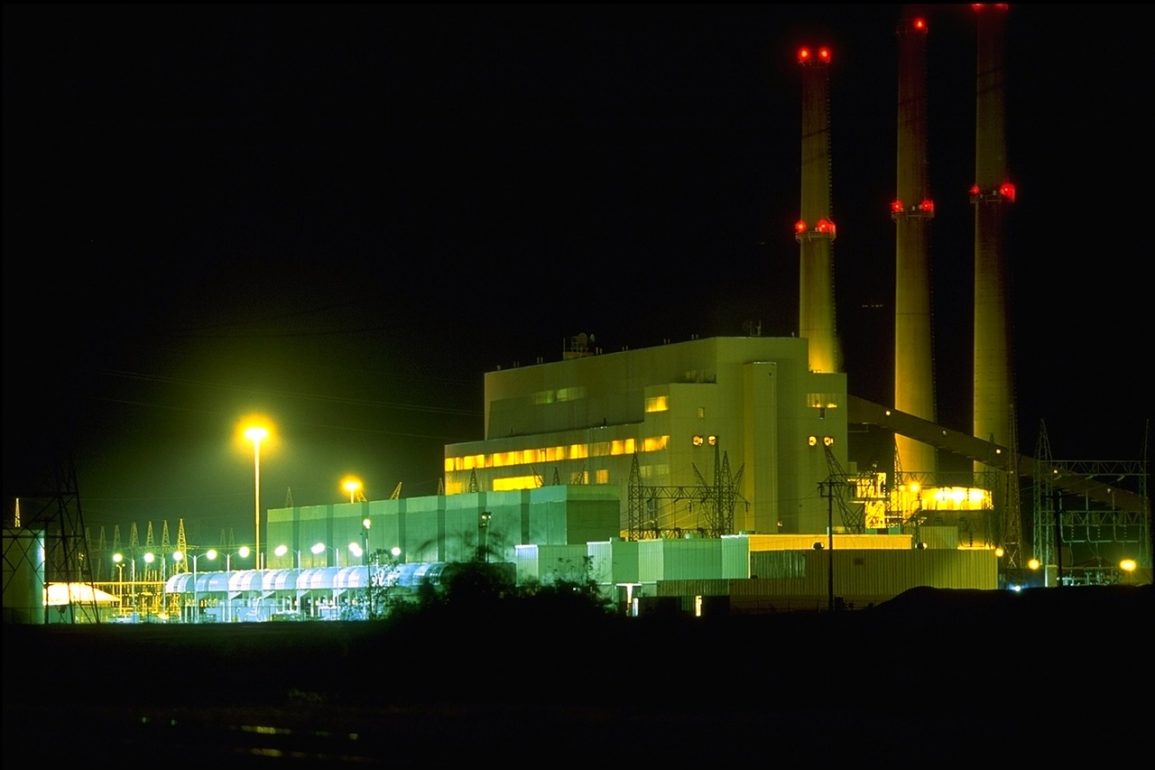New data presented at the UN’s Cop29 conference reveals that global carbon emissions from fossil fuels are projected to reach a new high in 2024.
This increase, driven by coal, oil, and gas, reflects a 0.8% rise, countering the urgent need for emissions to decrease by 43% by 2030 to meet the 1.5°C climate target.
The recent data, presented by the Global Carbon Budget project, underscores the dissonance between global climate pledges and real-world action.
The ambitious “transition away from fossil fuels” pledge made at Cop28 in Dubai last year highlighted a critical moment, marking the first time the summit explicitly targeted fossil fuel reductions.
However, the data shared at Cop29 shows an ongoing reliance on fossil fuels, despite warnings from climate scientists and leaders.
Cop29 attendees face the significant challenge of mobilizing financial and policy commitments to support low-emission development, particularly in countries most vulnerable to climate impacts.

Intending to raise trillions of dollars for emission reduction projects, developed nations are seeking support for sustainable growth that minimizes climate risks while improving living standards.
Several countries, including the United States and those in the European Union, have made strides in reducing emissions, largely due to increased renewable energy use and energy efficiency measures.
Yet, in places like China and India, where energy demand continues to grow, fossil fuel consumption remains on the rise.
China, the world’s largest emitter, has boosted renewable energy production but faces high electricity demand in emerging tech industries and residential sectors.
Meanwhile, coal use in India has grown alongside its rapidly expanding economy.
The data also highlight the environmental toll of deforestation, which increased due to severe droughts and wildfires amplified by El Niño.
This uptick, primarily seen in Brazil, Indonesia, and the Democratic Republic of Congo, adds another layer to global emissions, as forest loss contributes significantly to greenhouse gas output.
With emissions at an all-time high, the path toward a fossil-free future remains uncertain. Dr. Glen Peters from the Center for International Climate Research remarked, “The world continually finds ways to burn ever more fossil fuels.”
The outcome of Cop29 could signal whether world leaders are ready to back their pledges with immediate and impactful actions, pushing the world toward a more sustainable path.

